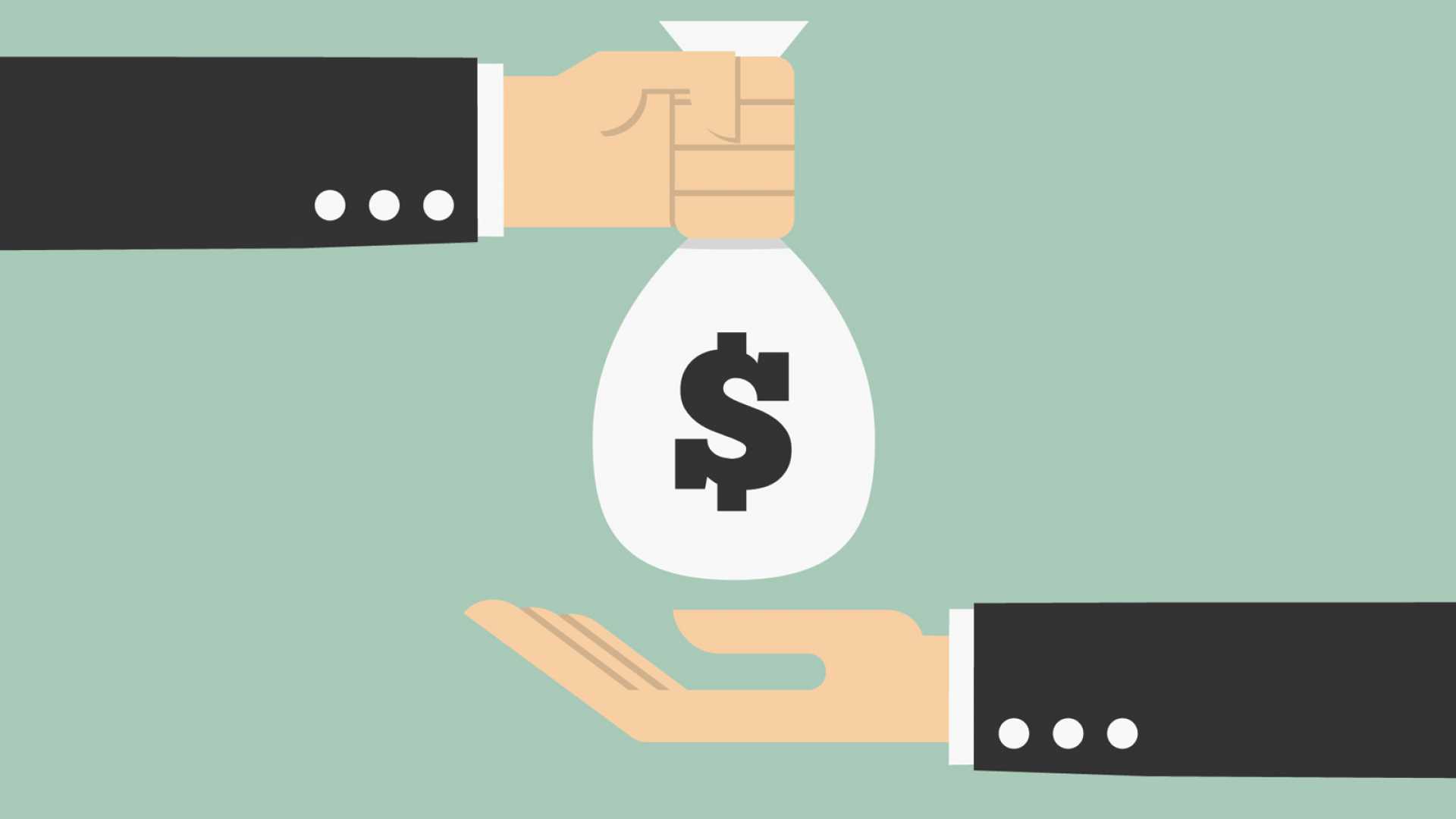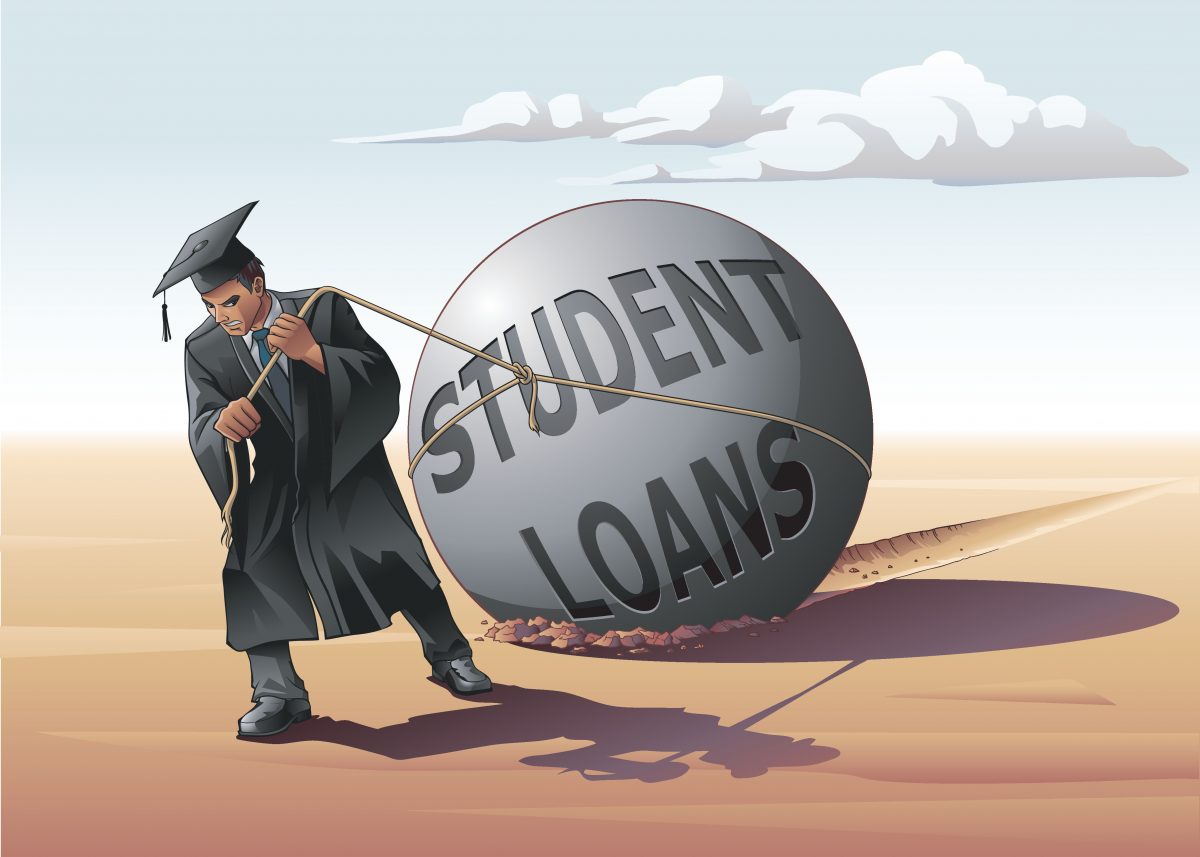Discovering the most effective Choices for Pre Approval Student Loans Today
Discovering the most effective Choices for Pre Approval Student Loans Today
Blog Article
Recognizing the Effect of Interest Rates on Home Loans for First-Time Purchasers
Navigating the labyrinth of home finances can be discouraging for new buyers, particularly when passion prices play a pivotal duty in forming their economic journey. The choice between adjustable-rate and set home mortgages lugs significant repercussions, impacting month-to-month budgets and long-term financial security. As interest prices vary with economic changes, recognizing their decision comes to be vital.
Exactly How Interest Rates Are Figured Out
Passion rates on home financings are determined by a complex interaction of economic aspects and plans. The main motorist is the financial policy set by main banks, such as the Federal Reserve in the USA, which adjusts the federal funds rate to affect financial activity. When the main bank raises this price, obtaining becomes much more costly, often resulting in raised home financing interest rates. Alternatively, reducing the government funds price can make loaning less expensive, possibly reducing home loan rates.
One more influential aspect is rising cost of living. Greater inflation usually brings about higher passion rates as lending institutions require even more return to offset the reducing buying power of future repayments. Financial development additionally plays a critical role; in periods of robust financial efficiency, need for debt rises, which can increase rates of interest.
Furthermore, the bond market substantially impacts home mortgage prices. Lasting rates of interest, consisting of those for home mortgage, are very closely tied to yields on federal government bonds. As bond returns increase, so do home mortgage rates, mirroring the boosted price of long-lasting loaning.

Sorts Of Rate Of Interest
Understanding the different kinds of interest rates is integral to comprehending exactly how home fundings function. There are mainly two categories of rates of interest that debtors encounter: dealt with and variable. A fixed rate of interest continues to be constant throughout the term of the finance. This provides predictability in monthly payments, offering debtors with stability and ease in budgeting. It is especially valuable in atmospheres where future rate of interest boosts are anticipated.
In contrast, a variable rates of interest, also referred to as a flexible price, varies over time, usually in reaction to modifications in a defined criteria or index. These rates commonly start lower than repaired rates, which can be eye-catching to new purchasers. They require the threat of enhancing over time, possibly resulting in greater general costs if market rates climb. pre approval student loans.
Furthermore, some lenders offer hybrid rates of interest, incorporating elements of both repaired and variable prices. For example, an introductory period with a set rate may be adhered to by a variable price. Comprehending these differences is essential for borrowers to make educated decisions that align with their financial circumstances and risk resistance, as each type offers possible downsides and special advantages.

Effect On Regular Monthly Settlements
Regular monthly repayments on home loans are directly influenced by the type of interest rate selected, which can considerably impact a borrower's see this here financial preparation. Fixed-rate home loans use security, as the rate of interest rate remains unchanged over the funding's term, making certain that month-to-month payments continue to be continuous.
Fixed-rate lendings secure versus market volatility, supplying peace of mind yet frequently at a higher preliminary price compared to ARMs. On the various other hand, ARMs may fit purchasers anticipating revenue development or those planning to market before the price modification happens, enabling them to take advantage of on reduced payments.
Lasting Financial Implications
The choice of passion rate type for a home loan prolongs past prompt monthly repayments, carrying substantial long-lasting financial implications. A fixed-rate home mortgage, for instance, provides stability by locking site link in rate of interest rates for the period of the funding term, shielding debtors from future rate boosts.
Conversely, a variable-rate mortgage (ARM) typically begins with a reduced rates of interest, which can result in lower first settlements. In time, however, the rate can vary based on market conditions, possibly leading to higher repayments. This variability introduces a component of unpredictability, which might impact monetary stability if rates increase dramatically.

Strategies for Taking Care Of Prices
Navigating rates of interest on mortgage needs strategic preparation to enhance monetary end results. Newbie property buyers need to think about securing in rate of interest when they agree with, as this can protect them from prospective price walks before their financing closing. Price locks commonly last between 30 to 60 days and supply a procedure of assurance in an usually unpredictable market. Furthermore, purchasers may check out discount rate points, which involve paying an in advance fee to secure a reduced rate of interest. This can cause substantial cost savings over the financing's life expectancy, especially if the customer prepares to stay in the home long-lasting.
An additional her response approach includes selecting the best lending kind. Fixed-rate home loans offer stability, securing customers from future rate increases, while variable-rate mortgages (ARMs) may offer reduced preliminary rates with the threat of future modifications. When picking between these options., purchasers ought to carefully examine their monetary circumstance and danger tolerance.
Finally, preserving a solid debt profile is critical. A greater credit report can substantially enhance negotiation power for extra favorable rates of interest. Frequently reviewing credit rating records, dealing with mistakes, and reducing arrearage can enhance overall credit reliability, therefore positioning purchasers to safeguard one of the most useful prices available.
Conclusion
A thorough understanding of rate of interest rates on home lendings is necessary for new buyers to make educated decisions. Strategic monitoring of rate of interest rates can significantly affect homeownership success and monetary health.
When the central bank raises this price, borrowing ends up being a lot more expensive, commonly leading to raised home car loan rate of interest rates.In contrast, a variable interest price, also known as a flexible price, rises and fall over time, commonly in action to adjustments in a defined criteria or index.Furthermore, some loan providers use hybrid interest prices, integrating aspects of both repaired and variable prices - pre approval student loans. A fixed-rate mortgage, for instance, provides security by securing in rate of interest prices for the duration of the financing term, safeguarding debtors from future price rises. Novice homebuyers need to take into consideration locking in interest rates when they are favorable, as this can protect them from potential price walks before their funding closing
Report this page